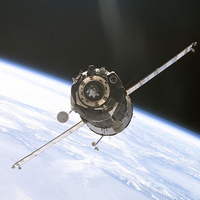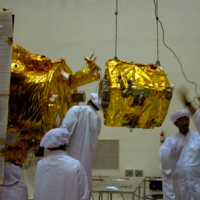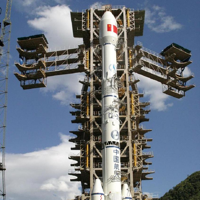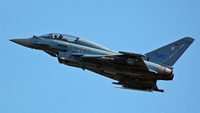
The Stuxnet computer worm, WikiLeaks and the social-media-facilitated revolutions of the Arab Spring have already provided ample reason for a high-level U.S. policy on cyber issues. Now the killing of Osama bin Laden has provided an opening for a broader strategic dialogue in Washington, one that includes cyberspace in its proper context. This policy discussion has been a long time coming, and it has now arrived in the form of the Obama administration’s “International Strategy for Cyberspace” (.pdf), which presents concepts and ideals on a cluster of diplomatic, commercial and security issues related to the global information space that the […]




